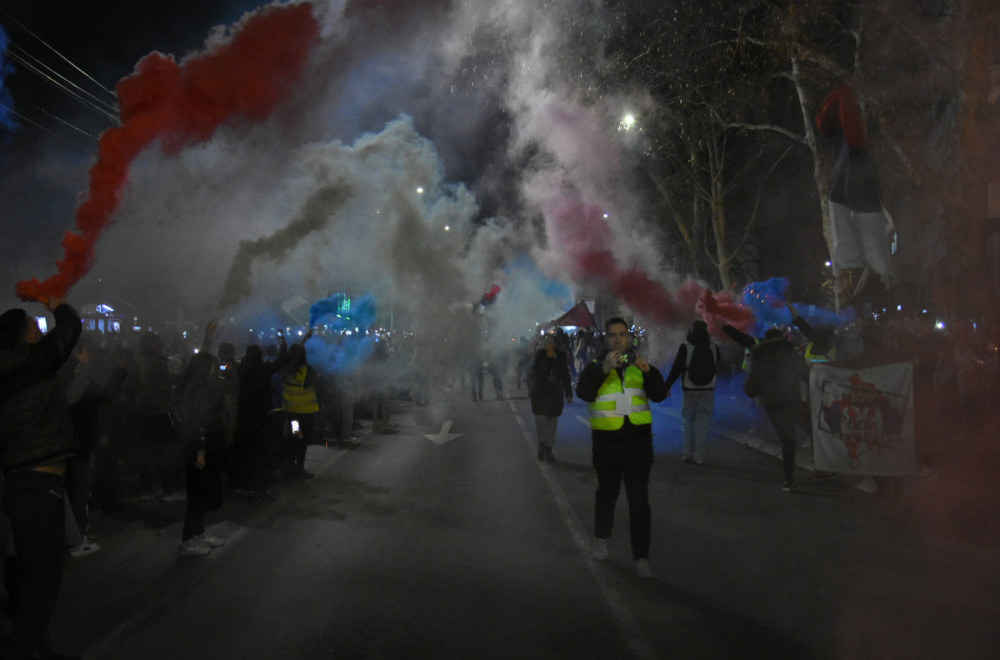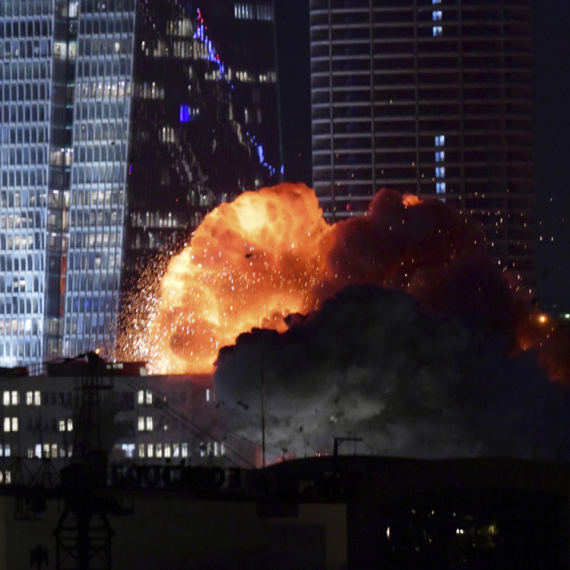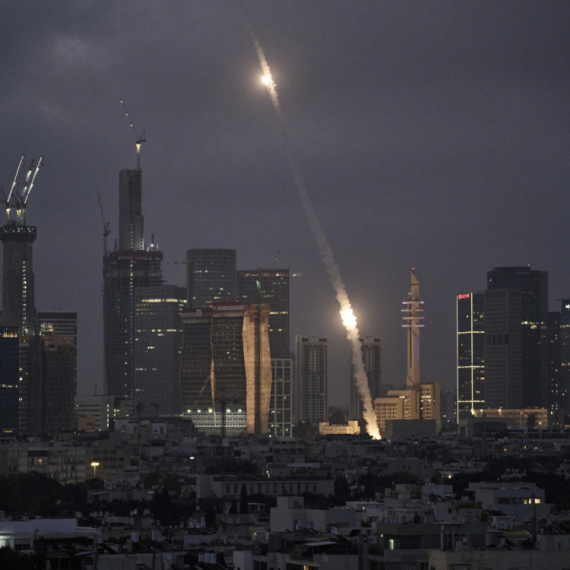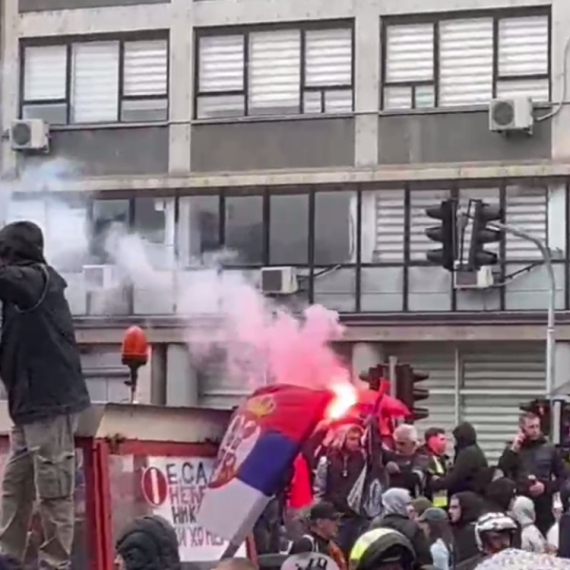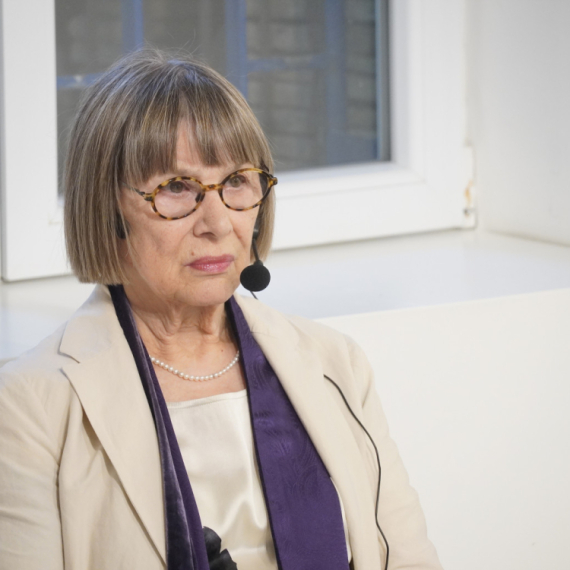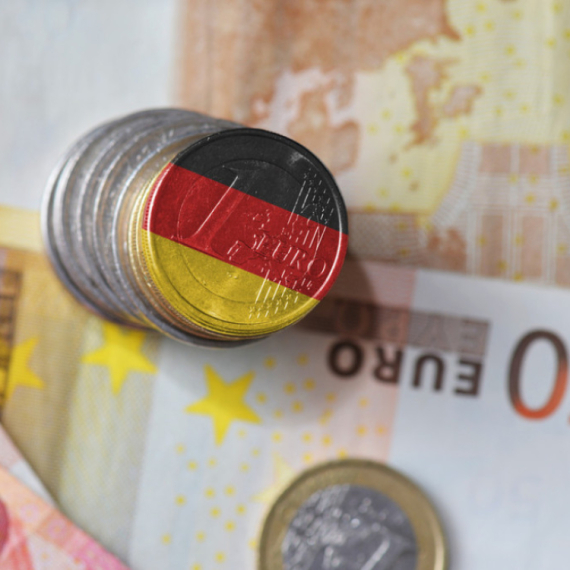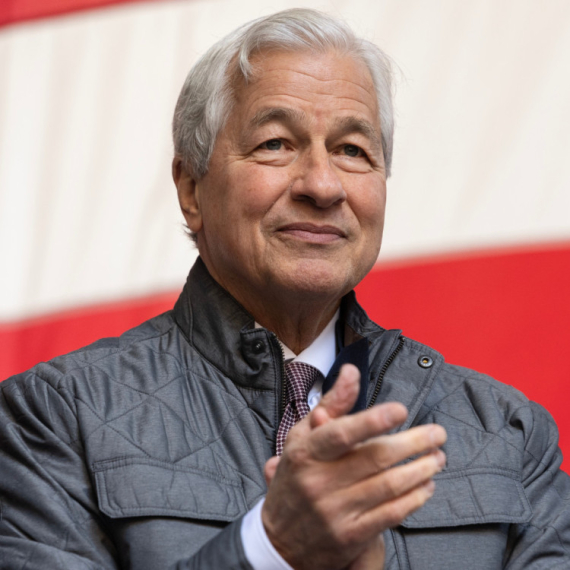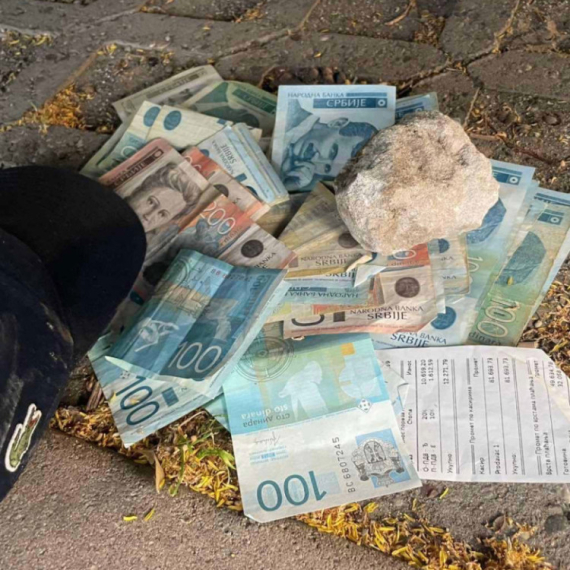Ahead of Vidovdan, the situation in Kosovo and Belgrade is highly tense. Albanian separatists in Kosovo are conducting repression against the Serbian population, banning national symbols and carrying out arrests without explanation. Simultaneously, in Belgrade, blockaders are calling for civil unrest and preparing street clashes, supported by certain pro-Western NGOs and opposition groups. This situation is seen as part of a broader strategy to destabilize Serbia, with support from certain Western power centers. Media and political actors point to double standards by the international community, which amnesties Albanian extremism while treating repression against Serbs as an internal matter. The upcoming Vidovdan is considered a critical moment that could lead to an escalation of conflict.
Political Perspectives:
Left: Left-leaning sources emphasize the repression of Serbian minorities in Kosovo by Albanian authorities and the double standards of Western powers who ignore these human rights violations. They highlight the role of pro-Western NGOs and opposition groups in fomenting unrest in Belgrade, viewing it as a destabilization tactic supported by Western interests. The narrative focuses on the plight of the Serbian population and criticizes international indifference.
Center: Centrist reporting tends to present the situation as a complex and tense political conflict involving ethnic tensions in Kosovo and political instability in Serbia. It acknowledges the provocations on both sides, including the repression of Serbs in Kosovo and the protests in Belgrade, while calling for dialogue and peaceful resolution. The focus is on the potential risks of escalation around Vidovdan and the need for measured responses.
Right: Right-leaning sources strongly condemn the Albanian separatists’ actions in Kosovo as terrorism and ethnic repression against Serbs. They portray the blockaders in Belgrade as dangerous agitators inciting civil war and chaos, accusing pro-Western forces of orchestrating a campaign to weaken Serbia. The narrative stresses national sovereignty, the threat to Serbian identity, and calls for a firm response to both internal and external threats.






